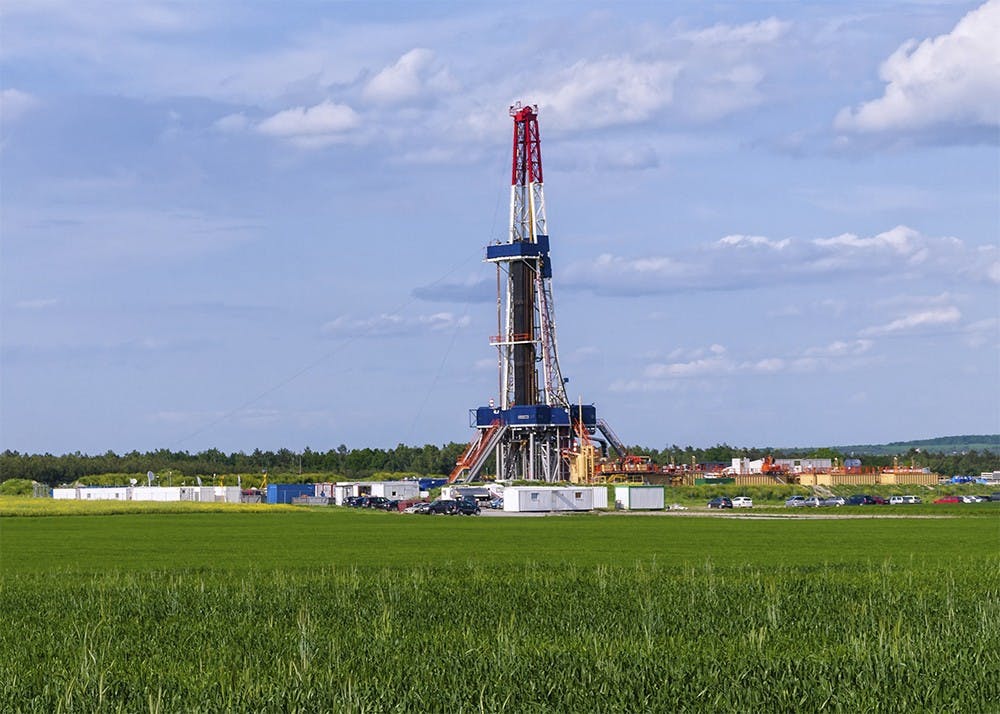Hydraulic fracturing began in Indiana in the early 1950s and now IU researchers have found information that might help expand the practice in other states.
IU research found that if fees paid by developers go to local governments then oil and gas development that uses hydraulic fracturing, known as fracking, is more likely to be supported, according to an IU press release.
“There are two reasons for this,” said Naveed Paydar, a researcher in IU’s School of Public and Environmental Affairs, in the press release. “The public prefers to give more responsibility to local units of government because they are confident they’re the people who can best handle any problems resulting from development. And the public also has greater trust that the revenues will be spent by their municipal government in ways that benefit the local economy.”
Fracking happens when a well is drilled and then water, sand and chemicals are injected into the ground, according to the release. This process creates cracks that release oil and gas.
Many people typically oppose fracking because of damages it purportedly causes, according to the press release. To compensate for these damages and to regulate the industry, developers often pay “impact fees,” according to the press release.
In Pennsylvania, developers have paid more than $400 million in these fees to county and municipal governments, according to the release.
The regulation of oil and gas is centralized by the state government across the country, but some localized groups are working to gain control and possibly ban certain developments in their community.
The financial benefits of development could change the opinion of these local initiatives described as “home rule” initiatives in the release.
Local control of oil and gas development will be on the ballot of several communities across California, Ohio and Texas this fall, according to the release. Since voting on similar issues have been close, IU researchers said in the release that the routing of revenue could change how votes go.
This belief is backed up by Paydar’s research, which was published in the Energy Research and Social Science journal. Paydar was a co-author with Ashley Clark, John Rupp and John Graham, according to the press release.
The team of IU researchers gathered online surveys from 453 Pennsylvania residents during June 2014.
Further information from the research can be found in the journal article titled, “Fee disbursements and the local acceptance of unconventional gas development: Insights from Pennsylvania.”
“As these disputes play out, government leaders should remember the public is more likely to accept unconventional gas development if the public revenue stays local,” Paydar said.
Suzanne Grossman






